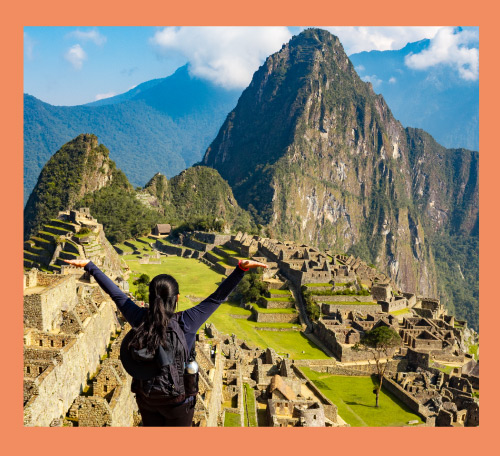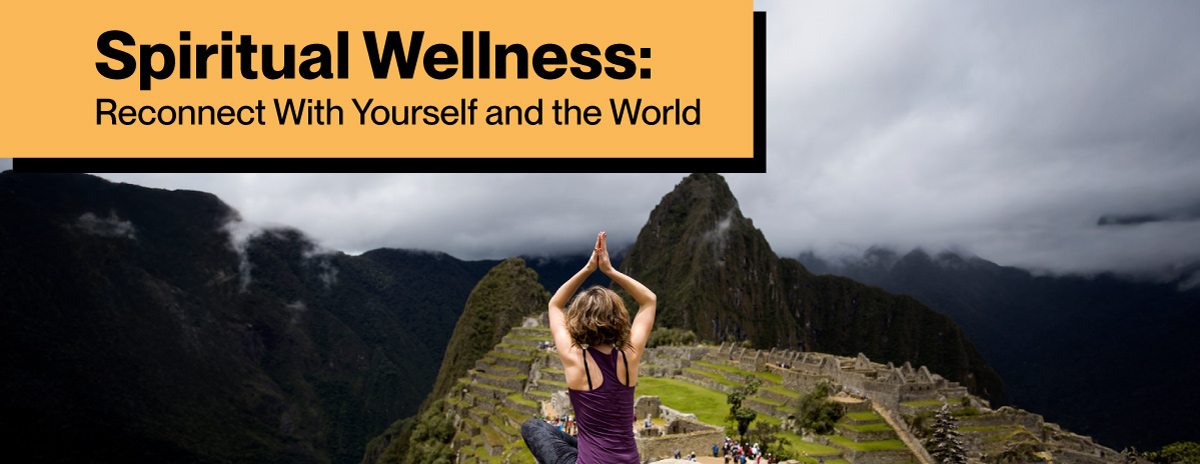

If you think that traveling is just a luxury or something optional, science says otherwise. In fact, it’s a powerful investment in your overall well-being.
There are studies supporting that seasoned travels are good for you at three levels: Mental, Physical and Spiritual. A great option to treat anxiety, fatigue, overworking and more. Let’s find out how health and travel are connected.
Mental Health:
Travel is a Natural Stress Reliever
According to a study by the U.S. Travel Association, vacationers experienced a 29% drop in stress levels, and their mood improved significantly even after only a day or two away from their usual environment.

Benefits for your mind:
- Increased mindfulness – New environments draw your full attention to the present moment.
- Greater cognitive flexibility – Navigating unfamiliar places and cultures keeps your brain adaptable.
- Boosted creativity – A study in the Academy of Management Journal found that international travel improves creative thinking, especially when travelers immerse themselves in local cultures.
- Reduced anxiety and stress – Time spent in nature has been shown to lower cortisol levels, the hormone associated with stress.
Even just planning a trip can boost your mental health. Research from Cornell University found that looking forward to a vacation brings more happiness than anticipating a material purchase.

Physical Health:
Move More, Live More
Travel can be just as beneficial as a workout. Whether you’re hiking in the Andes, snorkeling in the Galápagos, or strolling through Cusco, travel naturally increases your physical activity. Plus, exposure to sunlight helps you absorb vitamin D, and even jet lag, if managed properly, can help reset your sleep cycle.
Findings:
According to a study by the Global Commission on Aging and the Transamerica Center for Retirement Studies:
- Men who take at least one vacation a year have a 20% lower risk of death and 30% lower risk of heart disease.
- Women who vacation at least twice a year are less likely to suffer from depression or chronic stress.
In Japan, the practice of Shinrin-yoku or “forest bathing” has been shown to:
- Strengthen the immune system – even brief visits to the forest increase natural killer (NK) cell activity, which helps fight infections and cancer.


The American Heart Association has noted that nature-based travels helps to:
- Lower blood pressure and heart rate, reducing cardiovascular risk.
A Stanford University study found that:
- Walking in nature (vs. urban areas) reduces negative thought patterns and improves activity in parts of the brain linked to calmness and empathy.

And don’t forget the benefits of being near water: Oceans, rivers, and lakes can lower anxiety and depression, thanks to the calming sounds and rhythms that help regulate your nervous system.


Travel often pulls us into moments of wonder and reflection. This shift can be deeply healing for the spirit:
- Visiting sacred or natural wonders like Machu Picchu, the Galápagos, or the Andean highlands of Ecuador and Colombia can spark a profound sense of connection and meaning.
- Time away from daily life encourages self-discovery and may inspire you to rethink your values or life goals.
- Many travelers report feeling more grateful and humble after experiencing different cultures. For instance, people often express this after visiting Bolivia or Cusco.
- As the psychologist Dr. Tamara McClintock Greenberg said, “Stepping out of our comfort zone allows us to] reconnect with parts of ourselves that are often neglected in the busyness of daily life.”
Travel as a Holistic Prescription
From reducing blood pressure to lifting your mood, travel is a powerful form of therapy. It nurtures your mind, body, and soul—often in ways you don’t realize until you’re back home feeling renewed and inspired.
And if your travels involve nature, the benefits are even greater. So next time you’re on the fence about booking a trip, remember: you’re not just spending money—you’re investing in your health.
